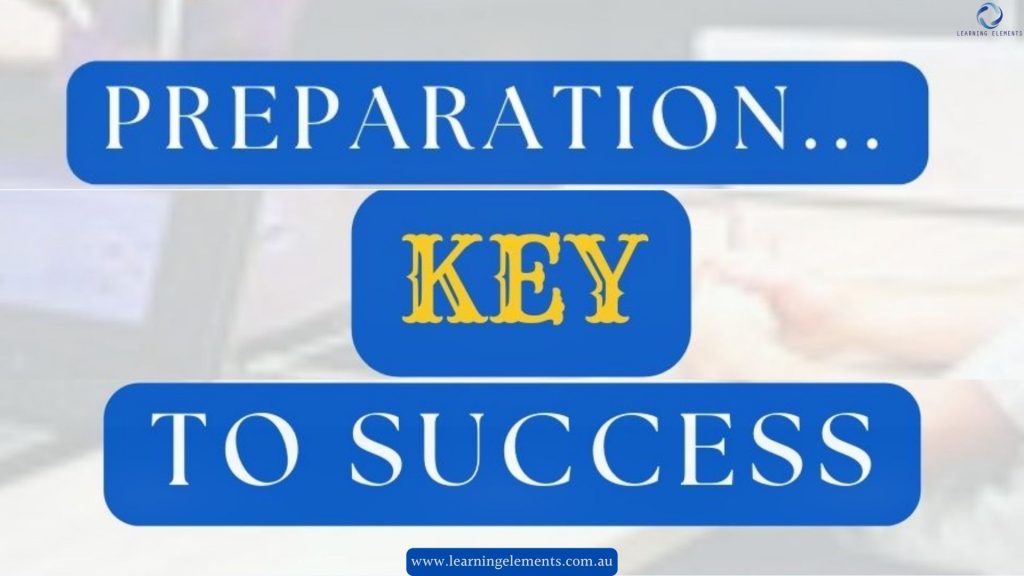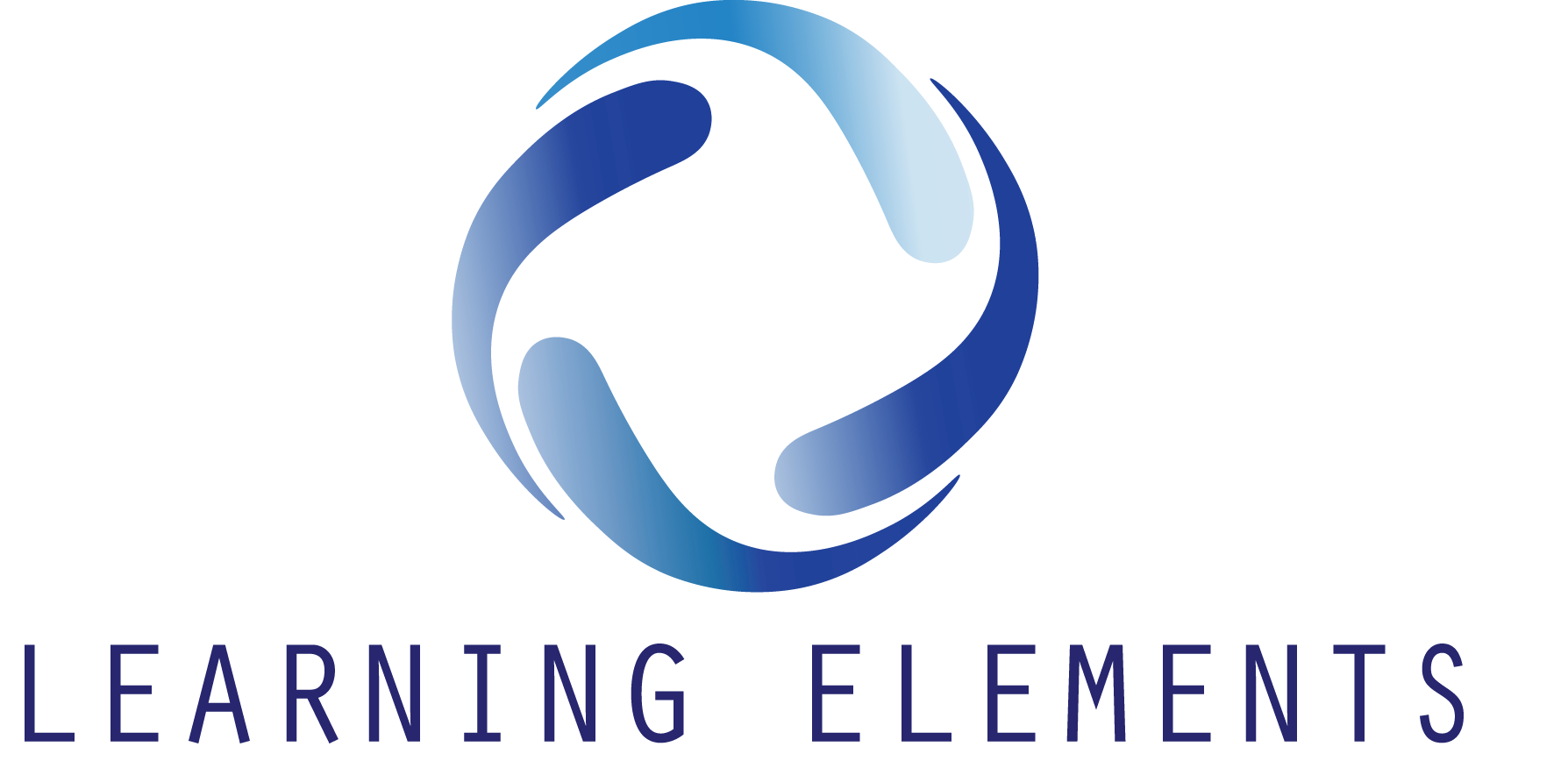Winging It
“Winging it” is a term that dates back to the late 19th century in theatre. It was a term used during impromptu performances. Actors learnt their lines while waiting in the wings. Then, they’ll receive assistance on stage from a special prompter who feeds them lines.
In the current day, the phrase winging is used when someone chooses to improvise with little to no preparation. Unfortunately, this is something that happens all too often in the workplace. My belief is that if you are to do something well, you need to put in the energy and effort required to develop the necessary skills, practice and prepare. This is when having a learning zone really works for you.

Reputations can be built and destroyed based on the effort and energy that goes into an endeavour. You can be known for your skills and professionalism, or you can be that person who turns up and makes things up as they go.
Why would you want to wing it?
How many professional sportspeople do you think wing it?
How would you feel if your doctor felt like winging it on the day you saw them?
Talking about the above “winging it” questions, would you want it? Of course NOT.
So why would anyone want a “wing it or winging it” experience? It’s just not worth the risk. Taking the time to prepare and practice is always the better option. And while it may be tempting to take shortcuts, it will only hurt you in the long run.

Learn why “winging it” may not always be the best approach and the benefits of taking the time to prepare and practice.
From increased confidence to better results and personal growth, discover how preparation can help you succeed in various areas of life.
Preparation Leads to Success in Various Areas of Life
Taking the time to prepare and practice can lead to these benefits:
Increased Confidence
Knowing that you are well-prepared and have put in the necessary effort can help boost your confidence. This can be especially important in high-pressure situations, such as job interviews or performances.
Preparation can provide a sense of control. You’ll feel more confident in your abilities when you know what you’re doing and have practised. For example, athletes who practice consistently feel more confident going into competitions, which can help them perform at their best.
Better Results
Preparation leads to better results because it allows you to focus on achieving specific goals. When you have a clear idea of what you want to accomplish and have prepared accordingly, you’re more likely to achieve your desired results. For example, musicians who practice consistently and thoroughly prepare before performances are more likely to deliver exceptional performances. Studies have also shown that preparation leads to better results in academic settings, with students who prepare for exams performing better than those who don’t.
People who prepare for interviews or spend more time practising have a higher chance of success. This can apply to many areas, from athletics to business and personal relationships.

Improved Learning
Preparation enhances learning by allowing you to absorb and retain information more effectively. When you take the time to prepare, you can break down complex information into more manageable pieces, making it easier to understand and remember. Repeating a task or skill reinforces the neural pathways in your brain, making it easier to recall that information in the future.
Reduced Stress
Preparing ahead makes you less likely to feel anxious or stressed about a situation. You’ll feel more in control of the situation, which can reduce stress and anxiety. This can help you stay focused and perform at your best.
For example, professionals who prepare for important presentations or meetings in advance are less likely to experience anxiety or nervousness during the event.
Professionalism
You demonstrate professionalism and dedication to your craft by putting in the effort and commitment to prepare. It will show you’re seriousness and capability. This can help you build a strong reputation and career prospects or establish yourself as an expert in your field.
Improved Time Management
Preparation can lead to more efficient time management by allowing you to plan and prioritise tasks effectively. When you know what you need to do and have prepared accordingly, you’ll be able to manage your time more effectively, leading to greater productivity and success. You’ll be less likely to waste time figuring things out as you go along and can instead focus on what needs to be done.
For example, entrepreneurs who prepare for meetings and events in advance are more likely to stay on schedule and accomplish their goals.

Better Communication
Preparation can improve communication skills by allowing you to think through your message and articulate it clearly. When you take the time to prepare, you’ll be able to organise your thoughts and communicate your message effectively, which can lead to better outcomes in various settings.
For example, professionals who prepare for meaningful conversations or negotiations are more likely to achieve their desired outcomes.
More Opportunities
By putting in the effort to prepare and practice, you increase your chances of being presented with new opportunities. Preparation can lead to more opportunities by positioning you for success and making you more visible to others. When you’re well-prepared, you’ll be able to take advantage of unexpected opportunities and make the most of them. It could be a job opportunity or a chance to perform in front of a larger audience. Preparation can help you seize these opportunities when they arise.
For example, professionals who prepare for networking events are more likely to make meaningful connections and discover new opportunities.
Personal Growth
Taking the time to practice and prepare can also help you grow. You may discover new skills or strengths that you didn’t know you had, or you may develop a greater sense of self-discipline and dedication.

Positive Reinforcement
Finally, when you put in the effort to prepare and practice, you give yourself positive reinforcement. By accomplishing your goals and seeing the results of your hard work, you’ll feel a sense of satisfaction and accomplishment that can motivate you to keep going.
Summing Up
“Winging it” may seem like a convenient solution in the short term, but it can lead to negative consequences in the long run. By putting in the time, energy, and effort to properly prepare and develop your skills, you can increase your chances of success and avoid making costly mistakes. So the next time you’re tempted to wing it, take a step back and consider the benefits of proper preparation and practice.
What’s more?
“Winging it” may work for some things in life. However, knowledge and preparedness are essential in every job. As an employee, you want to show your employer that you are capable and reliable. As an employer, you want a team of skilled and knowledgeable employees who can help your business thrive.
Learning Elements offers a wide range of training courses to help you improve your skills and knowledge in various areas. Whether you want to improve your communication skills, become more efficient at work, or learn new techniques in your field, there is a course for you.
You can gain confidence in your abilities by taking our course and show your employer you are invested in your job and willing to improve. This can lead to better job performance, increased job satisfaction, and even opportunities for career advancement.
By encouraging your employees to take courses with Learning Elements, you are investing in their growth and development, which can positively impact your business. Learning Elements offers flexible training options. We customise training to meet the specific needs of your business and employees.
So why “wing it” when you can be prepared and knowledgeable?
Take advantage of the training courses offered by Learning Elements and invest in your career or the growth of your business. Book a consultation or explore the courses available today to find the right training solution for you!

